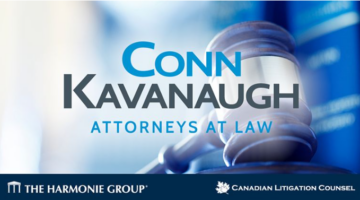This article is part 3 of a series of articles discussing common considerations for homeowners before, during, and after a residential construction project. Part 3 focuses on what homeowners should look out for after construction ends.
Final Inspection
Many construction contracts provide for a final inspection or a closing inspection as the construction process nears completion. This can involve you and your contractor walking through the project to create a “punch list” of items of work that have yet to be done. Make sure any unfinished work is included on that list and follow through with the contractor until it is completed.
Don’t Lose Your Dates
Many important contractual milestones, warranties, and statutes of limitation or repose are directly related to dates of substantial completion, final completion, or obtaining a certificate of occupancy. Keep track of these dates and any related documents as they may become operative down the line when pursuing any post-completion remedies.
Watch the Warranties
Not every warranty is created equal. Different warranties cover products and materials used in construction or the construction itself, each with different time lengths. Do not assume any particular product or process is warranted or how long that warranty may be. Calendar the warranty from when the warranty period begins and watch out for any conditions that might trigger the warranty.
Point out the Problems
If any defects or problems arise after construction ends, make sure to document and photograph each one and let your contractor or architect know as soon as possible. Construction defects can appear suddenly, within months, or even years down the line. Once discovered, it is important to act on a solution without delay.
Conclusion
After the contract work is finished, make sure to keep good records, closely review the work, and communicate with your contractor to avoid problems before they arise. If any dispute arises after the construction phase of your project, you should consult a construction law attorney to review the contract, gather the facts, and offer guidance.
Ryan O. Forgione is an attorney focused on Construction matters at the Boston-based law firm Conn Kavanaugh Rosenthal Peisch & Ford, LLP. He can be reached at rforgione@connkavanaugh.com.
For Part 1 in the series (Pre-construction), click here.
For Part 2 in the series (During Construction), click here.
Share with your network:

